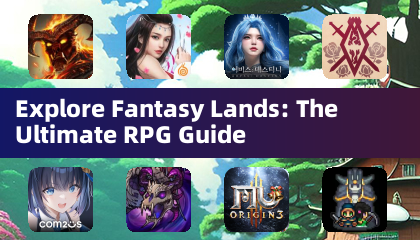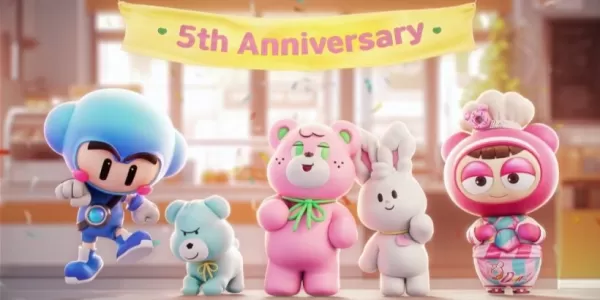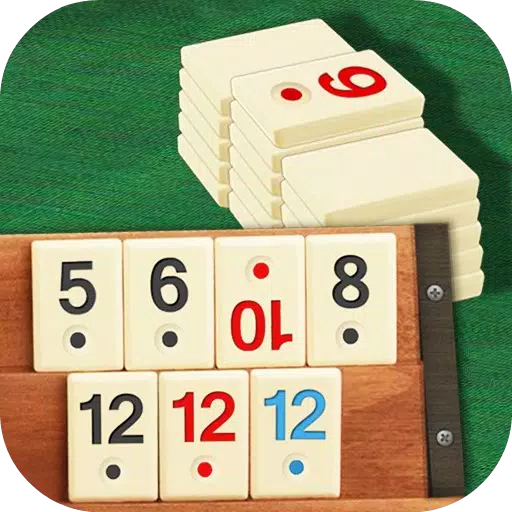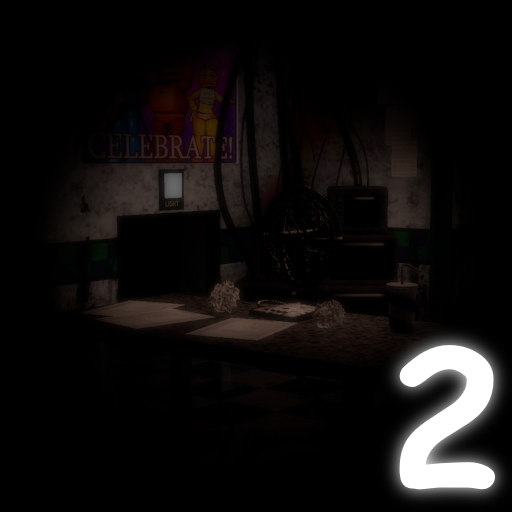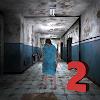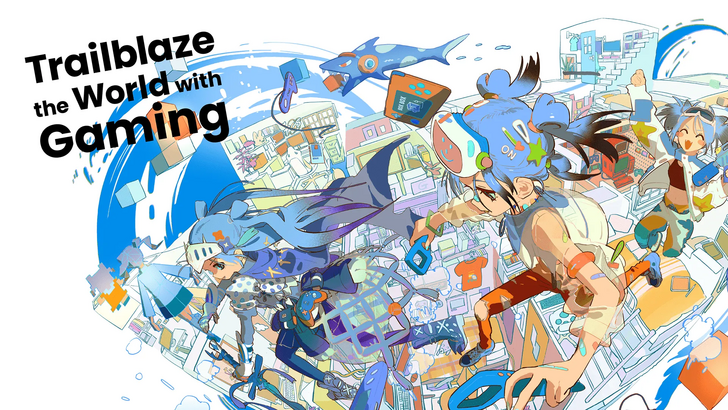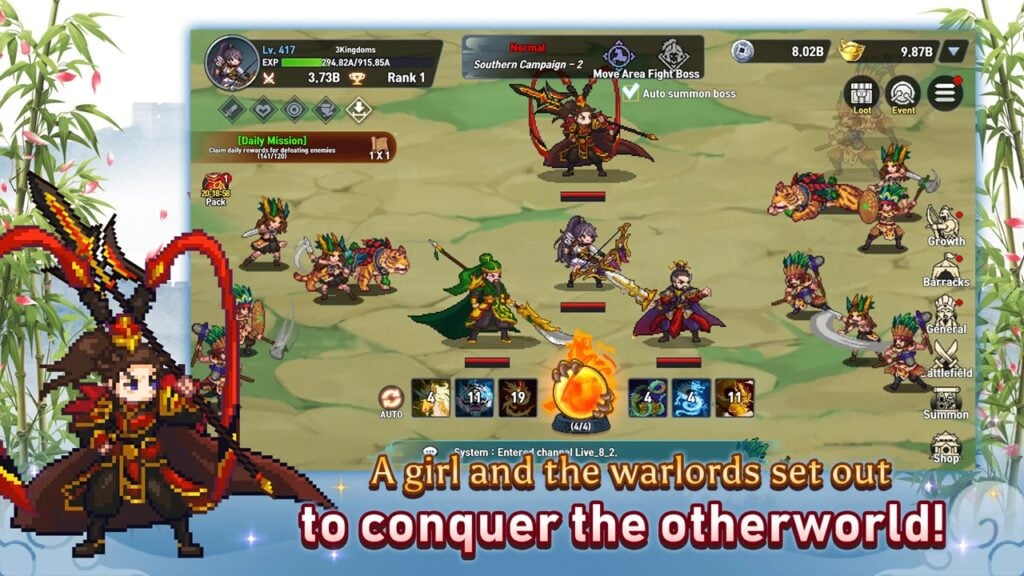The Yakuza/Like a Dragon series, while expanding its appeal to younger and female players, will remain centered on the experiences of middle-aged men. This commitment to its core identity was recently reaffirmed by the developers.
Like a Dragon Studio Prioritizes its Core Audience: Middle-Aged Men
Despite a growing and diverse fanbase, including a significant increase in female players, the series director, Ryosuke Horii, stated in an interview with AUTOMATON that the series will not alter its focus to cater to this broader audience. The charm of the series, according to Horii and lead planner Hirotaka Chiba, lies in its relatable portrayal of the everyday lives and concerns of middle-aged men, a perspective born from their own experiences. This authenticity, they believe, is key to the series' originality.
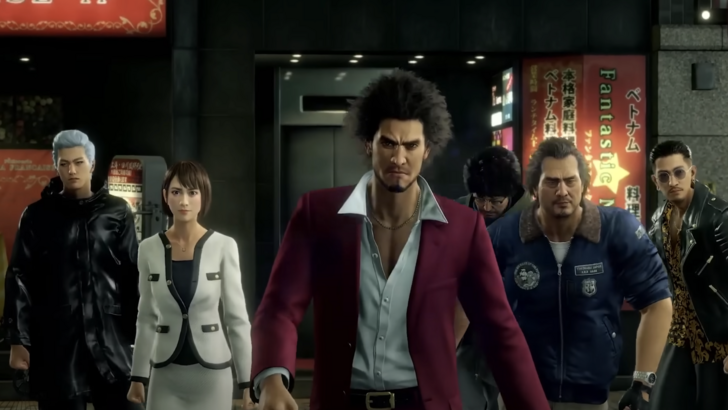
The emphasis on "middle-aged guy things," from Ichiban's Dragon Quest obsession to the characters' complaints about aches and pains, creates a sense of genuine human connection. This relatable "humanity," Horii argues, is what makes the game so engaging.

This perspective echoes a 2016 interview with series creator Toshihiro Nagoshi (Famitsu, reported by Siliconera), who, while acknowledging the positive increase in female players (approximately 20% at the time), emphasized that the series' core design remains targeted towards male players. He stressed the importance of avoiding changes that would compromise the series' creative vision.
Concerns Regarding Female Representation
Despite the series' stated target audience, criticism persists regarding the portrayal of female characters. Some fans argue that the series often relies on sexist tropes, limiting female characters to supporting roles or objectifying them. The limited number of significant female characters and the prevalence of suggestive or sexual remarks from male characters towards female characters have been cited as examples of this issue. The recurring "damsel-in-distress" trope for female characters is also a point of contention. While the developers acknowledge some of these criticisms, as evidenced by Chiba's humorous comment about a scene in Like a Dragon: Infinite Wealth where female characters' conversation is interrupted by male characters, the overall direction suggests that this aspect of the game's narrative may persist.
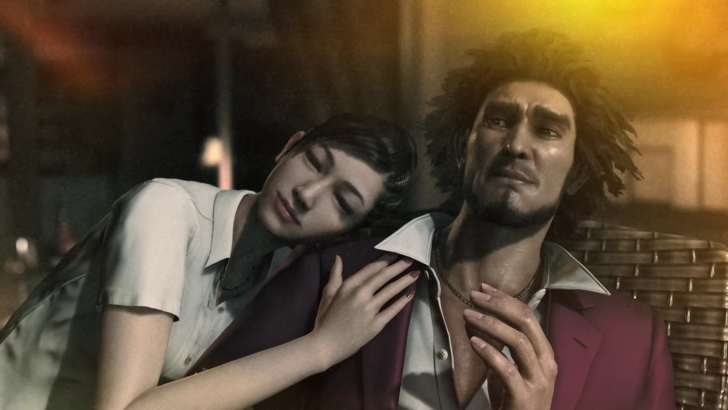
While acknowledging the series' progress in incorporating more progressive elements, critics point to lingering instances of outdated sexist tropes. Despite these criticisms, the newer entries in the series have been praised for their overall quality and evolution, as evidenced by the positive reception of Like a Dragon: Infinite Wealth (Game8 review score of 92). The game is seen as a successful balance between honoring the franchise's legacy and charting a course for its future.




